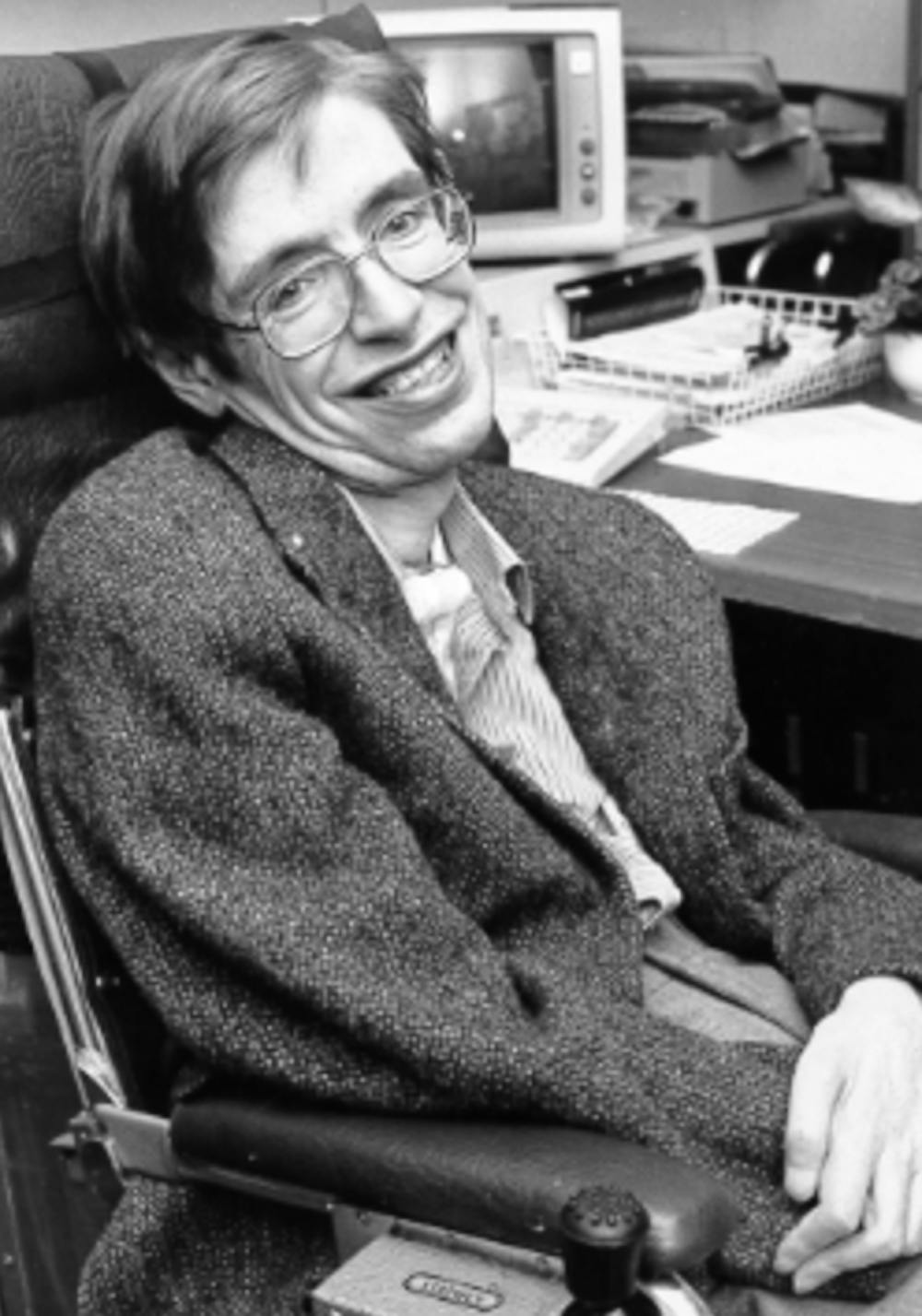On the morning of March 14, Stephen Hawking, a theoretical physicist and the recipient of an honorary doctorate degree from the University in 1982, died. He was 76 years old.
As a beloved figure in popular culture, Hawking was well-known for studying the properties of black holes. He compiled some of his ideas into a popular-science book on cosmology, A Brief History of Time: From the Big Bang to Black Holes.
In 1974, Hawking discovered that black holes explode and disappear, releasing radiation and particles. This emission of radiation is now known as Hawking radiation and it revolutionized physicists’ understanding of black holes. In 2002, Hawking decided that the formula for Hawking radiation would appear on his tombstone.
Additionally, Hawking’s book, The Nature of Space and Time, which he wrote with Roger Penrose, a former University of Oxford mathematics professor, was published by Princeton University Press in 1996. The book features debates regarding the geometry of the universe, asks whether the universe only experiences expansion or has a more cyclical existence, and queries whether information can escape from black holes.
In 1963, while a graduate student at Oxford, Hawking found out he had amyotrophic lateral sclerosis (ALS), which eventually made him unable to control his body beyond moving his eyes and flexing his fingers. Despite this, Hawking has managed to consistently look on the bright side.
“Remember to look up at the stars and not down at your feet,” said Hawking in an interview with ABC’s Diane Sawyer in 2010. “Try to make sense of what you see and wonder about what makes the universe exist. Be curious. And however difficult life may seem, there is always something you can do and succeed at.”
Hawking lived his life according to this principle: he once took a zero-gravity flight and he spent his 60th birthday in a hot-air balloon.
His death has led to an outpouring of support, including a multitude of social media tributes, from the scientific and non-scientific community alike.









